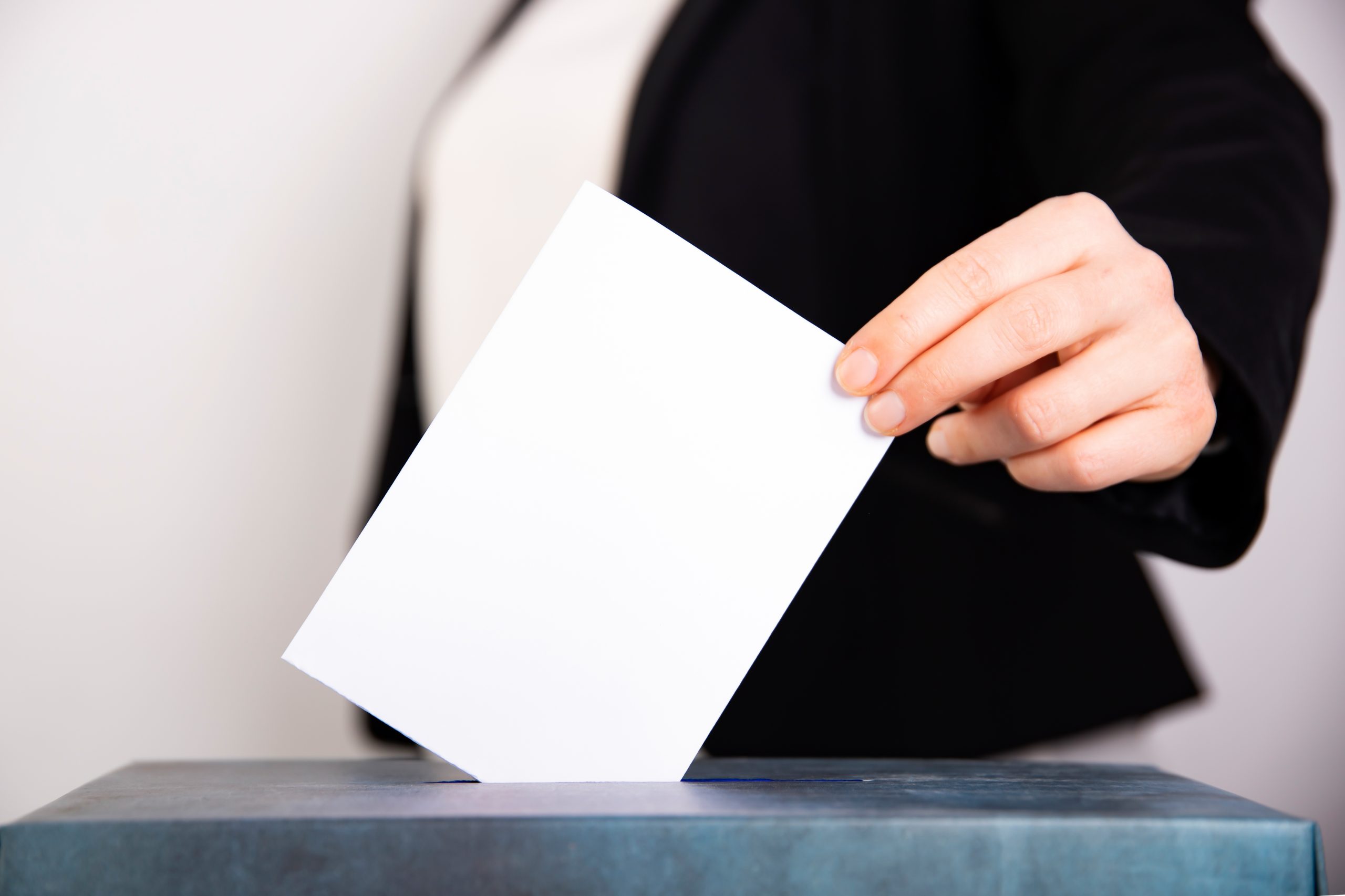
As of now, 33 states have legalized cannabis in some way.
And for the first time ever, a bill to legalize cannabis at the federal level will reach the floor of the U.S. House of Representatives.
However, with the Senate currently occupied primarily by Republicans who are unlikely to vote in favor of the bill, the power remains at the hands of state governments.
In the upcoming November election, five U.S. states will vote on the legalization of cannabis.
New Jersey
Governor Phil Murphy has been pushing for cannabis legalization since the start of his term in 2017.
While legislative efforts previously lacked enough support to make a change, New Jersey became the first state to guarantee that there would be a cannabis initiative on their November ballot back in December 2019.
In the wake of the global pandemic, Gov. Murphy took to the Rock & Roll Morning Show to share that legalizing cannabis could be the boost they need.
“We’re not inventing marijuana, it exists. It’s got a huge social justice piece for me,” he continued, noting the overwhelming percentage of Black men in the U.S. criminal justice system.
“It’s a job creator. It’s a tax revenue raiser,” he added, “It checks a lot of boxes. I hope we’ll get there sooner than later.”
If passed, this would legalize cannabis use for adults ages 21 and older, and apply a tax of 6.625% to all sales.
Marijuana Policy Project Endorses N.D. Legalization Initiative
Arizona
Arizona’s legalization initiative originally failed in 2016 by a vote of just 51.3% in opposition.
After 420,000 signatures were submitted via a petition advocating for legal cannabis in the state, however, citizens will have a chance to vote on the matter in the November election.
Under Proposition 207, adults could possess up to an ounce of marijuana at a time and can cultivate up to six plants for personal use.
The measure would also allow for the expungement of prior cannabis convictions, and the installment of social equity programs.
Cannabis sales would be taxed at 16%. According to the proposition on Ballotpedia, “Revenue from the tax would be divided between community college districts; municipal police, sheriff, and fire departments; fire districts; the state’s Highway User Revenue Fund, and a new Justice Reinvestment Fund.”
Officials feel as though, this time around, the industry has matured enough and gained backing to successfully launch both cultivation and retail operators.
South Dakota
Not one, but two cannabis initiatives managed to make it onto the ballot in South Dakota this year.
Being that cannabis is currently completely prohibited, South Dakota would be the first state in history to jump into legalization without prior implementation of a medical program.
The first, Measure 26, would create a medical program for those with qualifying medical conditions. Under this program, patients would be able to possess up to 3 ounces of flower, and three plants.
The second, Amendment A, would legalize possession of up to 1 ounce of cannabis for adults 21 and over, and ensue taxes and regulations on cultivation and sales. Under this amendment, adults in locations without retail dispensaries would be allowed to grow up to three plants in their home.
Montana
Medical cannabis has been legal in Montana since 2004.
Initiative I-90, and Constitutional Initiative 118, however, would legalize recreational possession, purchasing, and consumption for those aged 21 or older.
According to the ballot summary, these measures would “license and regulate the cultivation, transportation, and sale of marijuana and marijuana-infused products,” in addition to generating tax revenue and creating jobs.
It would also allow those serving prison sentences for low-level cannabis crimes to apply for expungement and help end the disproportionate effects of law-enforcement on minorities.
Mississippi
In Mississippi, voters will decide whether to join their neighbor, Arkansas, on medical legalization.
However, conservative lawmakers are attempting to counter legalization efforts by introducing two opposing initiatives for voters to choose from.
Initiative 65, on one hand, would allow for medical cannabis to be prescribed to patients for 20 qualifying conditions. This would allow patients to possess up to 2.5 ounces of cannabis and place sales tax at a rate of 7%.
Alternative 65A, on the other hand, restricts smoking of medical cannabis for terminally ill patients and requires added medical oversight. Alternative 65A would require pharmaceutical grade products, and leave tax rates, possession limits, and other details up to the legislature.
With competing proposals, it’s likely that the state will have difficulty bringing either measure into law.
Written by Rita Thompson



Leave a Reply